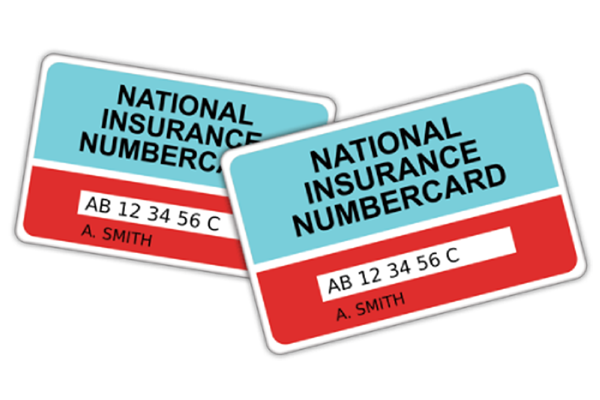National insurance – which governments prefer to reject – is a form of income tax.
The difference between the two is that income tax applies to all types of income but NI only applies to your income or your salary if you are self-employed.
NI is paid by employers and employees. It’s a complex tax concept in mind, but, it’s used to pay for certain social security benefits, such as sick pay, maternity pay and your state pension. It is now also used to promote the National Health Service.
Yes, you have to pay for it – anyone over the age of 16 can get a job or self-employment. But there are ways to turn it around, for example, if you earn less than a certain level like 6 166 per week or if you are a married woman or a fisherman, a worker of voluntary development or a widow pay a valid election certification reduced class.
Rates of National Insurance:
National insurance rates vary considerably but depend largely on how much you earn.
Simply put, there are four ‘classes’ of national insurance contributions and it depends on how you work and what you pay. Here are the rates for the 2019-2020 tax year:
If you are employed:
– The lowest income limit is 6 166 per week.
– If you earn more than 6 166 per week and up to 62 962 per week you will pay Class 1 NI.
– Then you have to pay 12% of the amount earned.
– If you earn more than 62,962 per week, you also get paid 2%.
– Your NI contributions will be deducted from your wages by your employer so you do not have to worry about making those payments.
If you are self-employed:
– If you are self-employed then you usually have to pay 2 types of national insurance:
– Class 2 if your profits per year are 6,365 or more
– 4th class if your profits per year, 6 8,632 or more
– For Class 2 payments you have to pay 3 per week
– You pay Class 4 contributions as a percentage of your taxable profits – 9% on profits between 8,362 and £ 50,000 and 2% on any profit above that amount.
– If you are the one who is expecting to earn less than 6,365 in the 2018/2019 tax year, then you do not need to pay Class 2 contributions.
– Your Class 2 National Insurance Contributions payments will be the same as the self-assessed tax bill on January 31 and July 31.
– It is also calculated towards your State Pension, Statutory Sick Pay, Job Seekers Allowance or Employment Support Allowance.
– You can also get Class 2 National Insurance credits if you are unable to work but must meet certain criteria.
What Does National Insurance Pay For?
The most important thing that NII contributions pay is the state pension. Your National Insurance Contributions (NIC) are increasingly being used to pay the minimum pension due to your pensioners – your state pension (if you are currently working) will be paid to your children and grandchildren.
You will receive a basic state pension only if you have done full NI contributions throughout your working life. (Although there are exceptions if you need to devote some time at work to having a child or caring for a relative – see the DWP website, Entitledto or Turn2us.co.uk for more information).
The government expects you to work for 10 years and 35 years for a full pension to qualify for any new state pension. If you do not work for full years, your pension will be reduced proportionately.
However, some help is given to people (usually women) who take time off from work to look after children. The National Insurance Credits Scheme is designed for parents and guardians, partners in the armed forces, the unemployed, those on maternity leave, the disabled on a government-approved training list, and more. HMRC lists the full details here.
You can also purchase National Insurance credits if you have been missing for years. You have a choice of buying it up to the previous six years.
What is The Reason Behind National Insurance Importance:
Some people set aside money for old age, so it’s important to check that you are up to date with your NI writings to make sure you get at least something when you reach retirement age. You can check this out by asking for a pension reference from the state pension forecasting team at 0845 3000 168 or go online at GOV.UK’s Pension Service or DWP.
